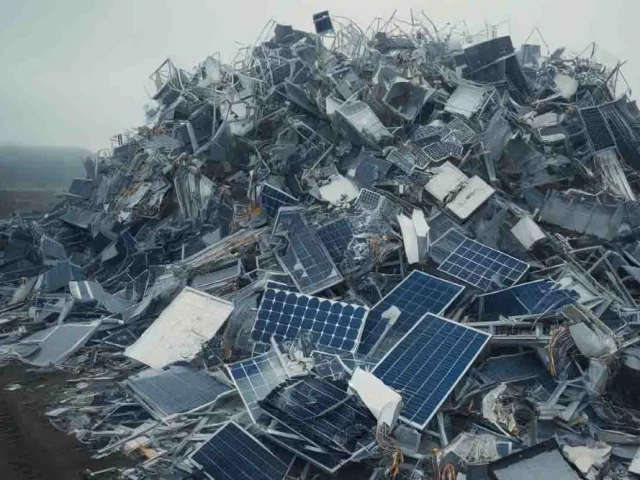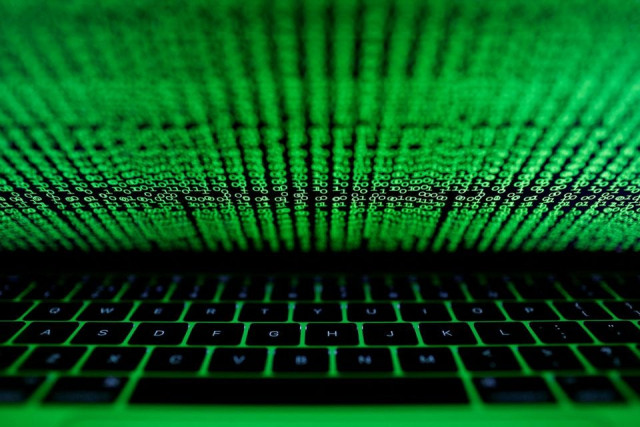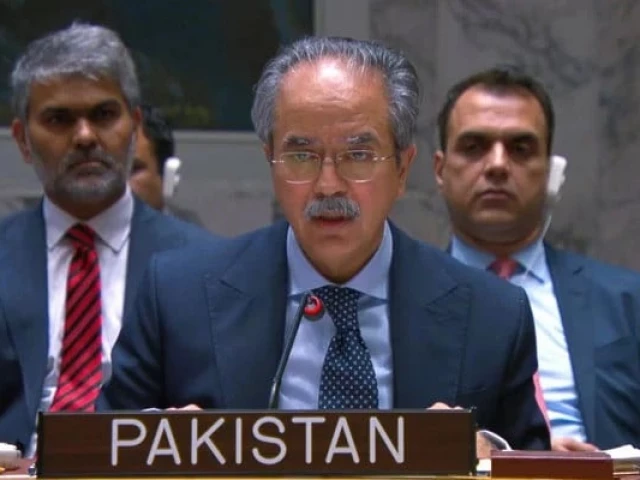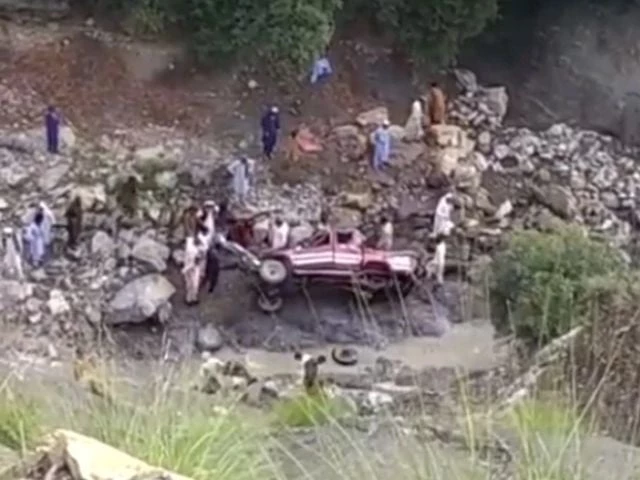Navigating Pakistan’s Solar Energy Boom: Opportunities and Challenges
In recent years, Pakistan has witnessed a surge in solar energy adoption, primarily due to skyrocketing electricity prices and the pressing energy crisis. Excitement buzzes through cities—people eagerly install solar panels on their rooftops, while large solar parks are popping up across the country. It’s a promising shift towards sustainable energy. However, there’s an undercurrent of concern from environmentalists about potential risks associated with this rapid growth.
Dr. Salman Tariq, an environmental expert from the University of Punjab, raises valid alarms. He points out that torrential rains and flooding, likely exacerbated by climate change, could compromise solar panels. Water exposure could break the silicone cells and frames while also negatively impacting electrical connections—issues that may lead to serious hazards like short circuits or even fires. Moreover, damaged batteries pose a significant environmental threat. Chemicals leaking into the soil and groundwater could trigger respiratory, kidney, and liver ailments, turning a green initiative into an environmental dilemma.
It’s essential to note that Pakistan has imported millions of solar panels and batteries in just the past year. With an average lifespan of 20 to 25 years for solar panels and 5 to 10 years for batteries, the future accumulations of e-waste could be astronomical if solutions aren’t promptly enacted. Experts caution that without a proper management framework, we might face an even bigger crisis akin to the current electronic waste (e-waste) issue.
Speaking of e-waste, statistics are alarming. Pakistan churns out about 400,000 tons of electronic waste annually, with Punjab being the hardest-hit province. Many electronic devices end up in unofficial junk markets, where unsafe methods are employed to recover precious metals, putting both the environment and the health of workers, including children, at risk.
Dr. Naeem Mustafa proposes urban mining as a viable solution, where we can reclaim valuable materials such as gold and copper from discarded electronics in an efficient, modern manner. This could not only bolster the economy but also help to safeguard the environment.
But we can’t ignore the urgent need for a solar waste management policy, as pointed out by Mian Abdul Khaliq, a solar panel importer. Without this policy, the environmental advantages of switching to solar energy could be severely undermined. Establishing recycling centers to reclaim materials from old panels and batteries is a critical step, and providing tax incentives for investors would encourage participation in this essential sector.
While regulations in European countries and Japan offer structured frameworks for e-waste recycling, Pakistan’s regulatory environment lags behind. As highlighted by environmental lawyer Altamash Saeed, there’s an urgent need for comprehensive waste management guidelines, especially for hazardous materials. The government’s commitment to implementing extended producer responsibility for manufacturers could be a game-changer, compelling companies to take accountability for their products long after they’ve reached consumers.
Ali Ijaz from the Punjab Environment Protection Agency assures that work is underway to develop a robust e-waste management policy. New safety standards are being established for solar installations to withstand severe weather conditions, but much more needs to be done.
As we embrace solar energy, let’s proceed cautiously and thoughtfully. Moving forward, collaboration between government bodies, industry stakeholders, and citizens will be crucial to not just harness the benefits of solar power but also to mitigate its environmental risks. By taking these essential steps, we can significantly contribute to a sustainable energy future while protecting our planet.
For those interested in deeper engagement and solutions in this sector, consider connecting with Pro21st. Together, we can explore innovative practices and develop strategies for effective energy and waste management.
At Pro21st, we believe in sharing updates that matter.
Stay connected for more real conversations, fresh insights, and 21st-century perspectives.





